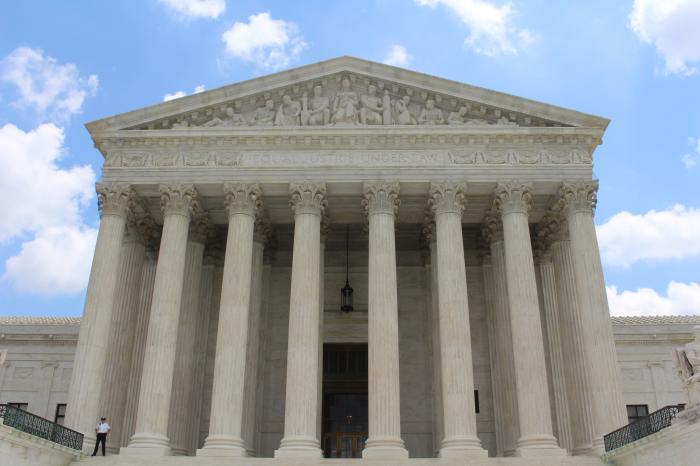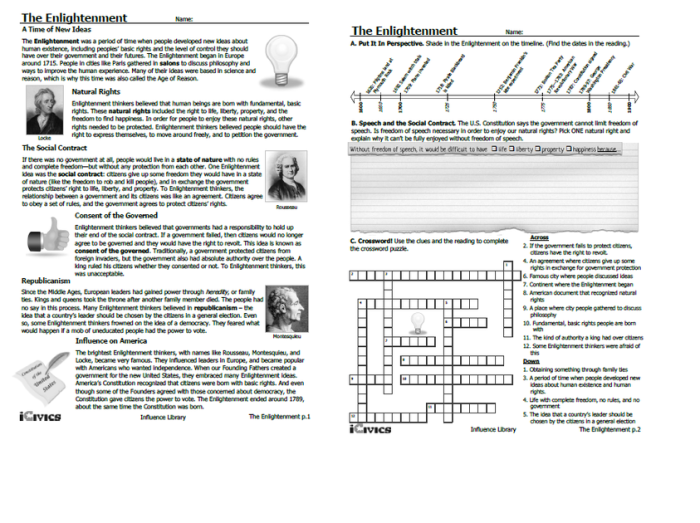Icivics appellate courts let’s take it up answer key – Unveiling the intricate world of appellate courts, this comprehensive guide presents the official answer key to iCivics’ captivating “Let’s Take It Up” activity. Embark on a journey to grasp the fundamentals of appellate courts, their significance in shaping the law, and the insightful analysis of landmark cases.
Delve into the intricacies of appellate court structure, jurisdiction, and the meticulous process of case selection. Explore the invaluable resources offered by iCivics, empowering you to navigate the complexities of the appellate system with confidence.
Define Appellate Courts

Appellate courts are courts that review decisions made by lower courts. They are typically the highest courts in a state or federal system, and their decisions are binding on the lower courts.
The role of appellate courts is to ensure that the law is applied correctly and fairly. They do this by reviewing the decisions of lower courts to see if there were any errors in the application of the law.
Types of Appellate Courts, Icivics appellate courts let’s take it up answer key
- State appellate courts
- Federal appellate courts
- International appellate courts
Examples of Appellate Courts
- The Supreme Court of the United States
- The United States Courts of Appeals
- The Supreme Court of Canada
Icivics Appellate Courts

iCivics is a non-profit organization that provides free online resources for teaching civics. They have a number of resources on appellate courts, including a game called “Let’s Take It Up”.
Let’s Take It Up
The “Let’s Take It Up” game is a simulation of an appellate court case. Players take on the role of judges and must decide whether to uphold or overturn the decision of the lower court.
The objectives of the game are to:
- Learn about the role of appellate courts
- Apply the law to the facts of a case
- Write a persuasive opinion
Walkthrough
The game is played in three rounds. In the first round, players read the facts of the case and the decision of the lower court. In the second round, players write an opinion upholding or overturning the decision of the lower court.
In the third round, players present their opinions to the other players.
Appellate Court Cases
Appellate courts review a wide variety of cases, including:
- Criminal cases
- Civil cases
- Administrative cases
The process of selecting cases for review by appellate courts varies from state to state. In some states, appellate courts have the discretion to select any case for review. In other states, appellate courts only review cases that meet certain criteria, such as cases that involve important legal issues or cases that have the potential to set a precedent.
Appellate courts play a vital role in shaping the law. Their decisions can clarify the meaning of existing laws, create new laws, and overturn laws that are unconstitutional.
Answer Key: Icivics Appellate Courts Let’s Take It Up Answer Key

Let’s Take It Up
The following is a comprehensive answer key for the “Let’s Take It Up” activity:
- Round 1: Read the facts of the case and the decision of the lower court.
- Round 2: Write an opinion upholding or overturning the decision of the lower court.
- Round 3: Present your opinions to the other players.
Query Resolution
What is the primary function of appellate courts?
Appellate courts primarily review and adjudicate decisions made by lower courts, ensuring the fair and accurate application of the law.
How does iCivics facilitate the learning of appellate courts?
iCivics provides interactive resources, including the “Let’s Take It Up” activity, which engages students in real-world scenarios, fostering a deeper understanding of appellate court proceedings.
What are the key considerations in selecting cases for appellate review?
Appellate courts prioritize cases that involve significant legal questions, have the potential to impact public policy, or present conflicts between lower court rulings.